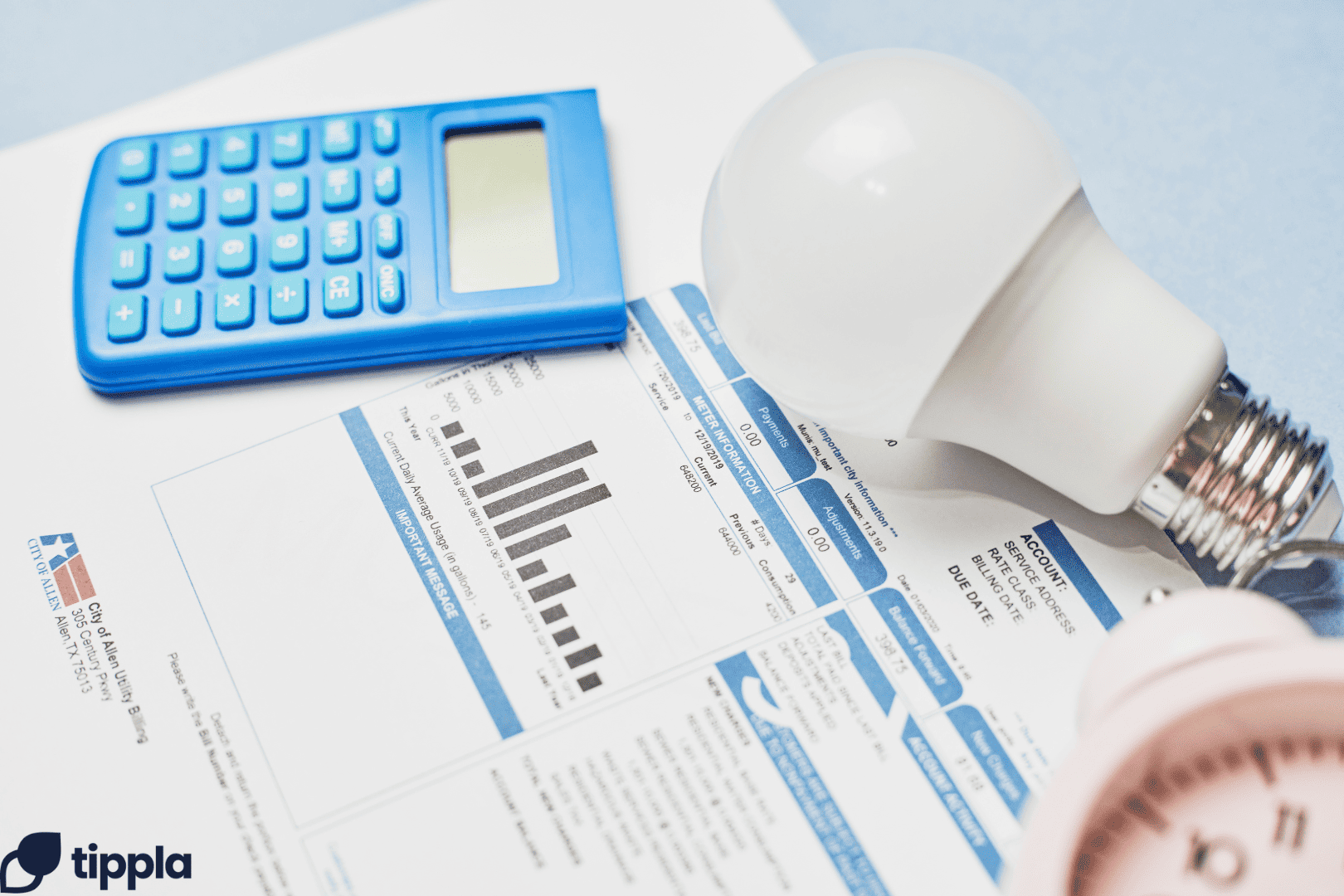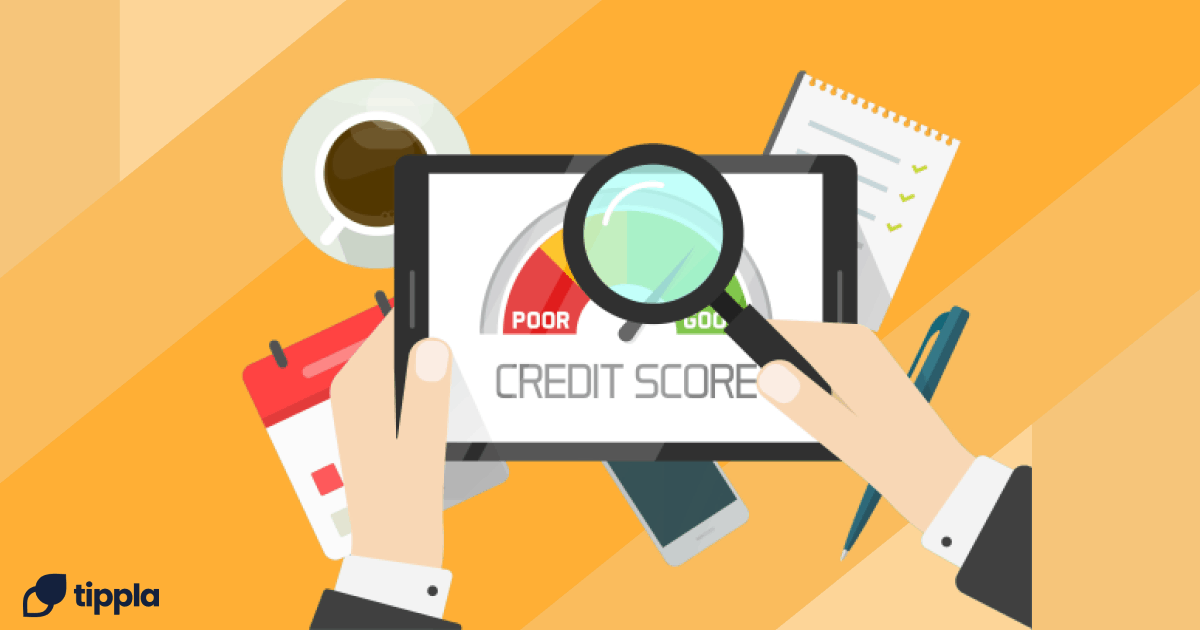Published in September 7, 2021
Can You Refinance Your Home Loan to Consolidate Debt?

Do you want to know more about how to refinance your home loan, or whether you can refinance your loan in the first place? If so, you’ve come to the right place! Here’s a quick guide.
Can I turn multiple debts into one and refinance my home loan to make my finances more manageable?
If you have accumulated multiple debts you may want to make your payments more manageable and opt to refinance your home loan. While you could take out a debt consolidation loan to combine your debts in one, you could also choose to repay them under your home loan.
It can make your financial life easier and spares you from having to track and manage multiple payments. Therefore, if you have multiple debts, you might want to consider refinancing your home loan to consolidate those debts. If you choose to refinance, you will then be able to pay off all your debts under one large home loan repayment, usually with a lower interest rate and less hassle.
But don’t jump to a conclusion straight away. Each lender has slightly different terms and conditions. Therefore, you should discuss the matter with your financial advisor or mortgage broker first. Get all the important details before you decide whether that is the best option for you.
Sometimes, you might find that a debt consolidation mortgage will result in higher interest fees if the loan isn’t structured properly. In this case, short-term debts could become long-term debts, and therefore you’ll end up paying more interest.
Who offers debt consolidation when refinancing?
If this option is available to you depends on who you have your mortgage with. There are many major banks and private lenders who offer multiple debt consolidation options when refinancing. The following is a list of lenders who offer debt consolidation refinance options:
- State Custodians
- Commonwealth Bank
- Westpac
- NAB
- Community First
- Fox Symes
- Homeloans.com.au
- ING
Refinancing to consolidate debt – how does it work?
While it comes with a little bit of (digital) paperwork, it only involves a few steps to consolidate your debt. Your lender will review any existing debts such as your mortgage or personal loans. All debts will be combined into your new mortgage repayments. As a result, you will only have to make one payment every week/fortnight/month instead of serval ones.
Some people may consolidate their debt to save money. Depending on your circumstances, it may give you the option to consolidate other debt into one loan with a better interest rate. So this tactic can make financial sense if the total cost of the new loan is cheaper than your other loans combined.
You can consolidate debts such as:
- Personal loans
- Credit cards
- Car loans
- Personal overdrafts
How can I refinance my home loan into a debt consolidation loan?
- Identify your needs and goals. If you’re finding it difficult to meet your debt repayments, you might find that refinancing into a debt consolidation loan could benefit you financially. However, it’s best to consider a few factors such as your lifestyle, goals, and borrowing needs. For example, do you have a back-up plan put in place to cover the remainder of your debt repayments in case you faced a lifestyle change? Do you think you’ll be able to manage the repayments and a potential longer loan term?
- Discuss matters with your lender. Your lender is here to help and give you the information you need. By contacting your current lender, you may be able to negotiate the interest rate that was offered on your existing mortgage. Your bank may be able to negotiate a better interest rate, depending on the situation and your financial status. As a result of negotiating matters with your lender, you might find ease on your financial pressure.
- Calculate your refinancing cost. It’s important to calculate your total refinancing costs. Keep in mind that you might need to pay a discharge fee which usually ranges between $150-$330. You might also pay additional government charges for exiting your current mortgage. If you end up getting a debt consolidation loan, you need to consider the upfront costs that you’d need to pay such as application fees or legal fees that get charged by a new bank. Make sure you consult your financial adviser to get a rough estimate of your costs and budget. Finder’s switching cost calculator can help you get an estimate of your total refinancing costs.
- Compare different refinance loans. Contact a mortgage broker to discuss your options and what type of debt consolidation loan will suit and meet your borrowing needs. It’s best to compare different mortgage products and possibly find one with features such as a 100% offset account. This gives a borrower the ability to make additional payments to help you decrease the interest payable over the term of your loan.
What are some things to consider when I refinance to consolidate debt?
Here are some factors to look out for when refinancing to consolidate debt:
- Interest rates: Compare the interest rates of your old debt and new home loan. Interest rates can be a big indicator of your total repayments over the life of the loan.
- Loan term: Be wary of loan terms, especially for personal debt. Although lower repayment amounts tend to be more appealing, the truth is you end up paying more in interest over the life of the loan.
- Annual/ service fees: It’s important to always know what fees you’re being charged during the life of your loan.
- Lender/ government fees: Just like annual and service fees, look out for lender and government fees and make sure to compare them before deciding on a lender.
Something to consider
If you find yourself in a stressful financial situation and you are unsure how to handle your debt, taking on more might not be the best option for you. To ensure that you’re tackling your debt the best way, you should speak to a financial advisor or free financial counsellor first.
Remember, there is always help available and someone to talk to if you find yourself in financial or emotional distress.
- National Debt Help Hotline: 1800 007 007
- Services Australia: Crisis and special help
- Lifeline: 13 11 14
While we at Tippla will always do our best to provide you with the information you need to financially thrive, it’s important to note that we’re not debt counsellors, nor do we provide financial advice. Be sure to speak to your financial services professional before making any decisions.
Related articles

Will my car insurance go up after a claim?
29/07/2021
Even though your premium will increase after filing an...

Understanding the Impact of Utility Debts on Your Credit Score
30/01/2024
In Australia, understanding the factors that influence your credit...

Car Loan vs Personal Loan: Which One is Best For You?
29/07/2021
Ready to get on the road? Now the big...

What Goes on My Credit Report & For How Long?
19/10/2021
Your credit report is an important document and it...
Subscribe to our newsletter
Stay up to date with Tippla's financial blog